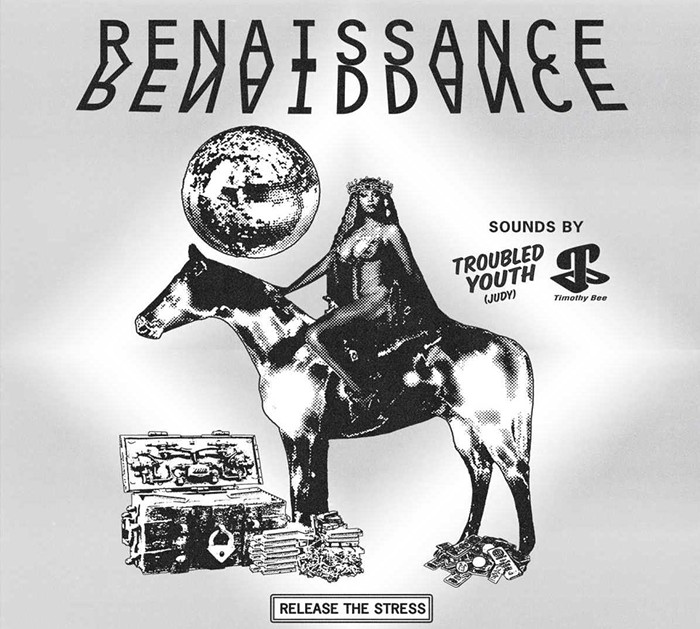"Who are Russian Circles?" asked Tool frontman Maynard James Keenan during an interview last September. We were supposed to be talking about Puscifer, his bizarre industrial-dance side project, but I couldn't resist reverting to Tool, for whom Chicago instrumentalists Russian Circles opened three concerts not a month before.
Remember, Maynard? Three shows last month? Inconceivably, no. "Every spare moment has been recording [Puscifer] or out there pimping my wine—doing tastings and doing winemaker dinners and stuff like that, so I rarely ever see who is opening anymore." (Yes, he actually blamed his wine.)
Decibel magazine ridiculed Tommy Lee for making a similar mistake when he allegedly said he had no idea Killing Joke were on tour with Mötley Crüe in 2005. Of course, Russian Circles aren't Killing Joke. No "sound of the earth vomiting" within Russian Circles' academic soft/loud maze. The trio's looped-and-layered style is still more understated than most rock, leaving the door unlocked rather than ajar. "It's more emotional than it is narrative," said guitarist Mike Sullivan in late 2006. "I don't think we do enough drugs to get the narrative part yet."
Their two full-lengths are each essentially one long piece in six movements. The first, 2006's Enter, bears the eager, alternate-tuned fruit of Sullivan's then-15 years of guitar playing, culminating in the uncharacteristically brash dissonance of "Death Rides a Horse." This year's Station finds subtle hard-rock groove amid psychedelic slow burn. Both records allow for the heavy influence of Pelican (the two bands share a Chicago practice space) without folding. "I think some of the most effective, moving moments of the set are when it's really quiet, and the whole room is not making a sound," Sullivan said. "And sometimes, that's more impressive than sheer volume."
From Joe Satriani to early Hella, the instrumental rock world into which Russian Circles were born is typically that of trade shows, instructional videos, and tours that seemingly go everywhere but Portland. And except for the rare case of Satriani, who has sold over 10 million albums, it's a world still ignored by the Maynards of the universe.


















